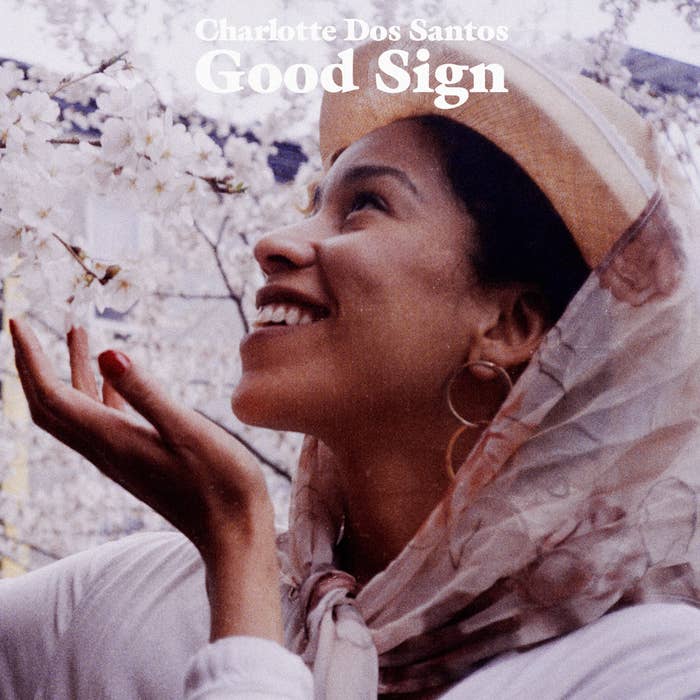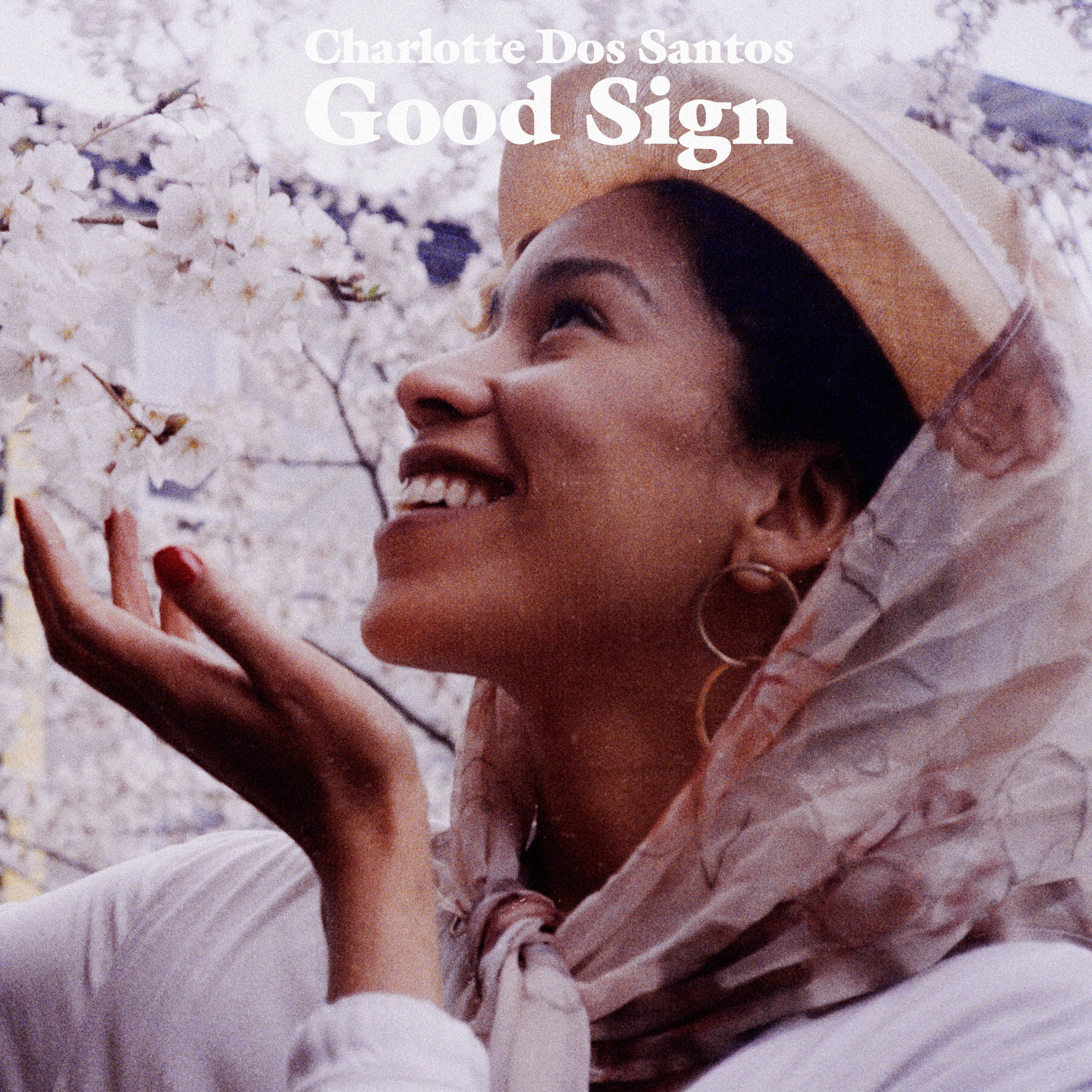
Every now and then, an artist comes along that can simultaneously feel like a familiar blast from the past and necessary breath of fresh air. Norwegian singer Charlotte Dos Santos fits perfectly within this description. Earlier this year, she shared the captivating video for her single “Red Clay”—taken from her forthcoming Cleo EP.
Ahead of her EP’s release on June 21 via Fresh Selects, Charlotte returns today with a brand new single titled “Good Sign.” The production immediately feels relaxing like a warm summer day, and it’s completed with the sound of Charlotte’s soothing vocals.
It’s easy to say this new single sounds nostalgic, but a quick browse through Charlotte’s catalog brings a different word to mind: timeless. “Good Sign” could have been as sweet of single in the ‘70s as it is today.
Listen to “Good Sign,” and learn more about Charlotte Dos Santos below.
Can you tell us a bit about yourself and how you started writing songs?
I’m originally from Norway, born and raised in a small town outside of Oslo. I’ve always been doing music. I was in a choir from the age of six, then I had private lessons primarily doing classical training. But always experimenting with songwriting since I was about 13.
I always surrounded by music at home, both my parents are huge music enthusiasts and I’m half Brazilian so there was a lot of different styles in my home. My mother is a big North African music fan, and my father primarily likes jazz, samba, and Latin rhythms. I got a guitar when I was 13 and started experimenting a bit, but I didn’t really start [songwriting] for real until I was 20.
When I started studying music after high school, I went to England for a year but I didn’t really like it there so I decided to go to Berklee College of Music and that’s where I really started songwriting, digging more into arranging and composing.
Your parents already gave you a great foundation of musical taste, but how did moving from Norway to the U.S. impact your style?
I’ve grown up with so much American music. In Norway, our music is basically the same that you have over here. The American music scene is definitely the most dominant world wide, so I grew up with American music and idols who were American. Everything from the jazz scene, to soul.
But being Norwegian hasn’t necessarily impacted my music, or how I write. Moving somewhere else definitely contributes to inspiring me as a person and musician. I’ve been writing a lot of music these past years [that tie] me more to my Afro-Brazilian roots. I’ve been experimenting with more Afro-Brazilian rhythms, percussions, and more traditional instruments like the berimbau (used for the ritual martial arts dance, capoeira) and stuff that’s more rich to the Afro-Brazilian culture.
I’ve been surrounded by so much world music my whole life that I don’t feel like it’s an enormous change. But going to school in Boston when I first moved, it was very inspiring to be surrounded by so many different musicians in person and seeing a lot of music live—being completely submerged in that made me very inspired and focused. So in that sense, absolutely it has affected me.
There's a very nostalgic sound to your music, but you manage to keep things feeling fresh and new. What would you say influences your sound?
I love old music, most of my musical heroes or influences are usually not very contemporary. If I listen to music that gives me a lot of emotions or feelings then that makes me inspired. It’s just a more natural thing to me even though, [the nostalgic sound is] really production based so it’s also very modern. I guess that’s just what just comes out.
I like paying respect to what we’ve been given and carry that on in a way. Maybe put people onto different types of music that they’re not used to. That’s just how I write I guess.
What's the significance behind the title of your forthcoming 'Cleo' EP?
The title itself is actually because there’s a track on it called “Cleo” which I wrote with a producer also from Norway. He sent that track to me, he just named that track “Cleo” because of the sample that he used. When I got the file it just said “Cleo” on there, so when I was writing it just stuck to me. I was writing something very personal but I didn’t really have a name for the character of the song, which kind of represented me. That song just really fit the name [the track] already had.
The whole EP has a kind of Medieval theme and I thought that “Cleo”—because of the content of the song, I wanted to create some sort of role model or figure for girls. Like, “Yes, she’s fearless, she does whatever she wants!” I wanted her to be a role model for the girls of Norway, especially other girls of color. Just to be something uplifting for women. That’s why I thought Cleo would be a good name for the EP because that’s also someone who I aspire to be.
You touched on it a bit, saying that you’d like to provide inspiration for other women. But once your EP is out, what are you hoping listeners take from it or learn about you?
I think it can be versatile. For me, I thought I had to be a certain way for so many years and only do one thing, and I think that’s why I was so scared in my younger years. Cleo is so many different types of things—it has an Afro-Cuban track, Italian library music, I sample my own church bells or things in my surroundings. I want people to see that music can be so much and it can be you, almost like a diary.
I want people to take from the EP their own experiences. I love when people send me messages saying, “Oh I thought about this or this”—things I have never even thought of. That’s amazing, I want you to have your own experience with it. But it’s also an introduction to who I am musically as a producer and writing. I produced a lot of the tracks there.

